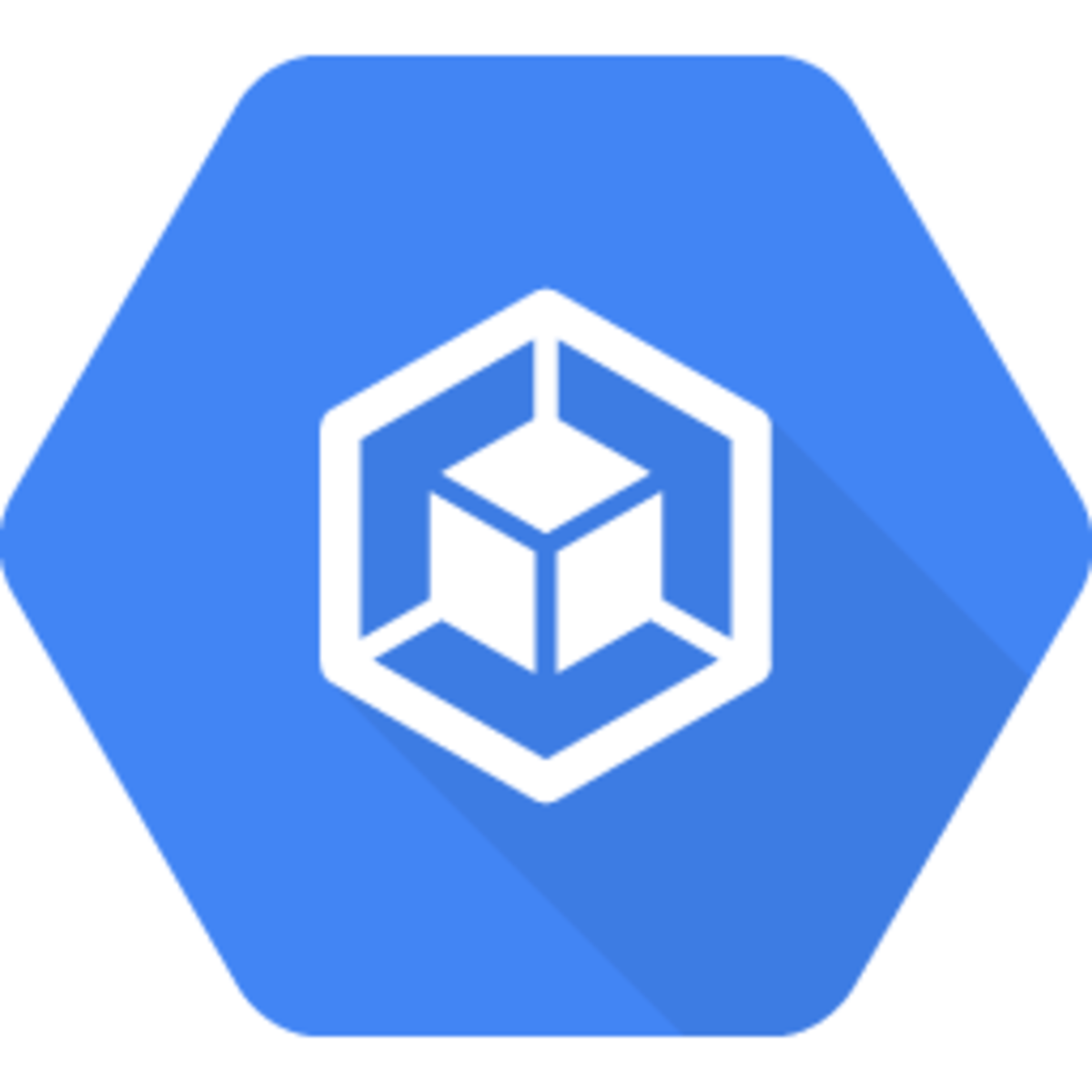
Dans le cours "Architecting with Google Kubernetes Engine: Foundations," nous allons vous présenter l'organisation et les principes de Google Cloud. Nous vous apprendrons ensuite à créer et gérer des conteneurs de logiciels, puis nous vous ferons découvrir l'architecture de Kubernetes.
Il s'agit du premier cours de la série "Architecting with Google Kubernetes Engine". Après l'avoir terminé, inscrivez-vous au cours "Architecting with Google Kubernetes Engine: Workloads".
What's inside
Syllabus
Présentation du cours 1
Ce module vous permet de vous familiariser avec la structure et l'organisation du cours.
Présentation de Google Cloud
Ce module vous aide à vous lancer en vous présentant les concepts à bien maîtriser. Après avoir passé en revue les bases du cloud computing, vous découvrirez que les ressources Google Cloud mondiales sont organisées en régions et en zones. Vous apprendrez également à organiser les ressources que vous utilisez dans Google Cloud pour les gérer plus facilement. Pour finir, vous découvrirez les outils vous permettant de vous connecter à Google Cloud, et d'attribuer, de modifier et de libérer des ressources.
Read more
Syllabus
Good to know
Save this course
Activities
Suivre un tutoriel sur l'utilisation de Helm pour gérer les chartes Kubernetes
Show steps
Élargissez vos connaissances sur l'utilisation de Helm pour gérer les déploiements Kubernetes.
Browse courses on
Helm
Show steps
-
Trouvez un tutoriel sur l'utilisation de Helm.
-
Suivez le tutoriel et installez Helm.
-
Créez une chart Helm et déployez-la sur un cluster Kubernetes.
Participer à un Meetup ou à un événement en ligne sur Kubernetes
Show steps
Connectez-vous avec d'autres professionnels de Kubernetes et élargissez vos connaissances.
Show steps
-
Trouvez un événement sur Kubernetes.
-
Participez à l'événement.
-
Réseautez avec d'autres participants.
Former un groupe d'étude avec des camarades de classe pour discuter des concepts Kubernetes
Show steps
Renforcez votre compréhension de Kubernetes en discutant des concepts avec vos pairs.
Show steps
-
Trouvez des camarades de classe intéressés à former un groupe d'étude.
-
Fixez un horaire et un lieu réguliers pour les réunions.
-
Discutez des concepts Kubernetes lors des réunions.
One other activity
Expand to see all activities and additional details
Show all four activities
Contribuer à un projet open source lié à Kubernetes
Show steps
Appliquez vos compétences Kubernetes en contribuant à un projet open source.
Show steps
-
Trouvez un projet open source lié à Kubernetes.
-
Faites une demande de tirage pour une fonctionnalité ou une amélioration.
-
Travaillez avec les mainteneurs du projet pour implémenter votre demande de tirage.
Suivre un tutoriel sur l'utilisation de Helm pour gérer les chartes Kubernetes
Show steps
Élargissez vos connaissances sur l'utilisation de Helm pour gérer les déploiements Kubernetes.
Browse courses on
Helm
Show steps
- Trouvez un tutoriel sur l'utilisation de Helm.
- Suivez le tutoriel et installez Helm.
- Créez une chart Helm et déployez-la sur un cluster Kubernetes.
Participer à un Meetup ou à un événement en ligne sur Kubernetes
Show steps
Connectez-vous avec d'autres professionnels de Kubernetes et élargissez vos connaissances.
Show steps
- Trouvez un événement sur Kubernetes.
- Participez à l'événement.
- Réseautez avec d'autres participants.
Former un groupe d'étude avec des camarades de classe pour discuter des concepts Kubernetes
Show steps
Renforcez votre compréhension de Kubernetes en discutant des concepts avec vos pairs.
Show steps
- Trouvez des camarades de classe intéressés à former un groupe d'étude.
- Fixez un horaire et un lieu réguliers pour les réunions.
- Discutez des concepts Kubernetes lors des réunions.
Contribuer à un projet open source lié à Kubernetes
Show steps
Appliquez vos compétences Kubernetes en contribuant à un projet open source.
Show steps
- Trouvez un projet open source lié à Kubernetes.
- Faites une demande de tirage pour une fonctionnalité ou une amélioration.
- Travaillez avec les mainteneurs du projet pour implémenter votre demande de tirage.
Career center
Cloud Architect
DevOps Engineer
Site Reliability Engineer
Software Engineer
Data Scientist
Data Analyst
Consultant
Project Manager
Business Analyst
Solution Architect
Technical Writer
Information Security Analyst
Network Engineer
Systems Administrator
Cloud Support Engineer
Reading list
Share
Similar courses
OpenCourser helps millions of learners each year. People visit us to learn workspace skills, ace their exams, and nurture their curiosity.
Our extensive catalog contains over 50,000 courses and twice as many books. Browse by search, by topic, or even by career interests. We'll match you to the right resources quickly.
Find this site helpful? Tell a friend about us.
We're supported by our community of learners. When you purchase or subscribe to courses and programs or purchase books, we may earn a commission from our partners.
Your purchases help us maintain our catalog and keep our servers humming without ads.
Thank you for supporting OpenCourser.



